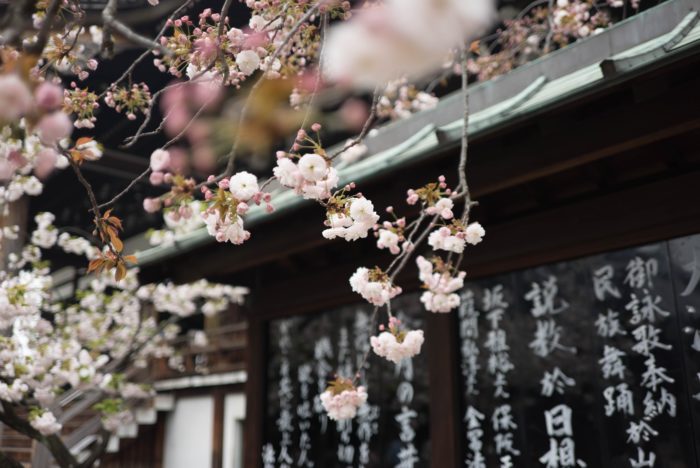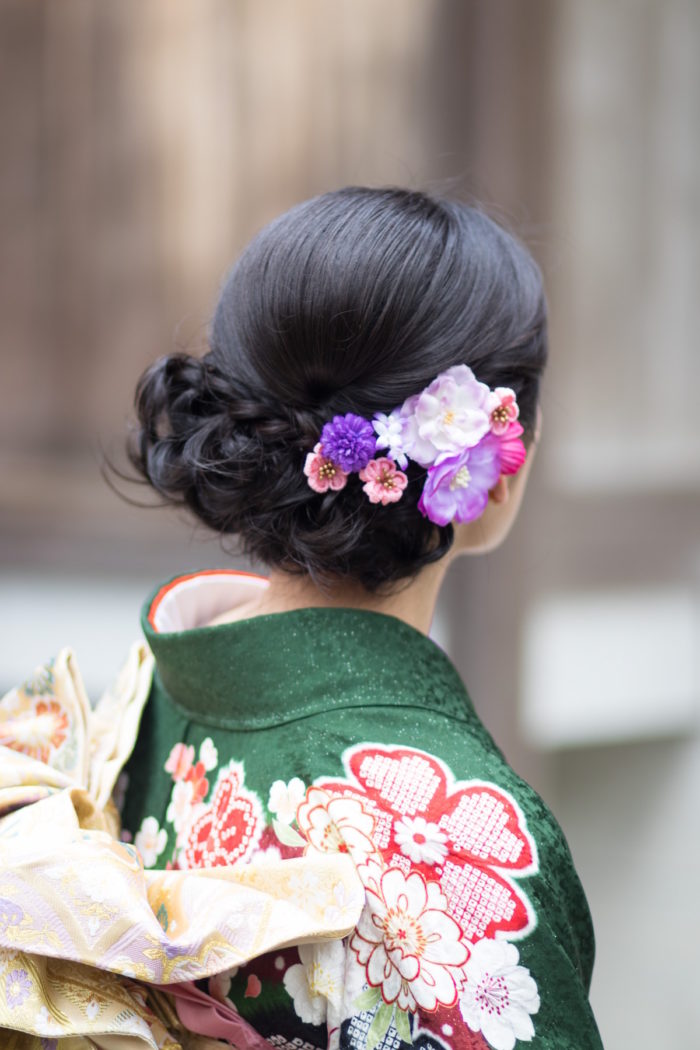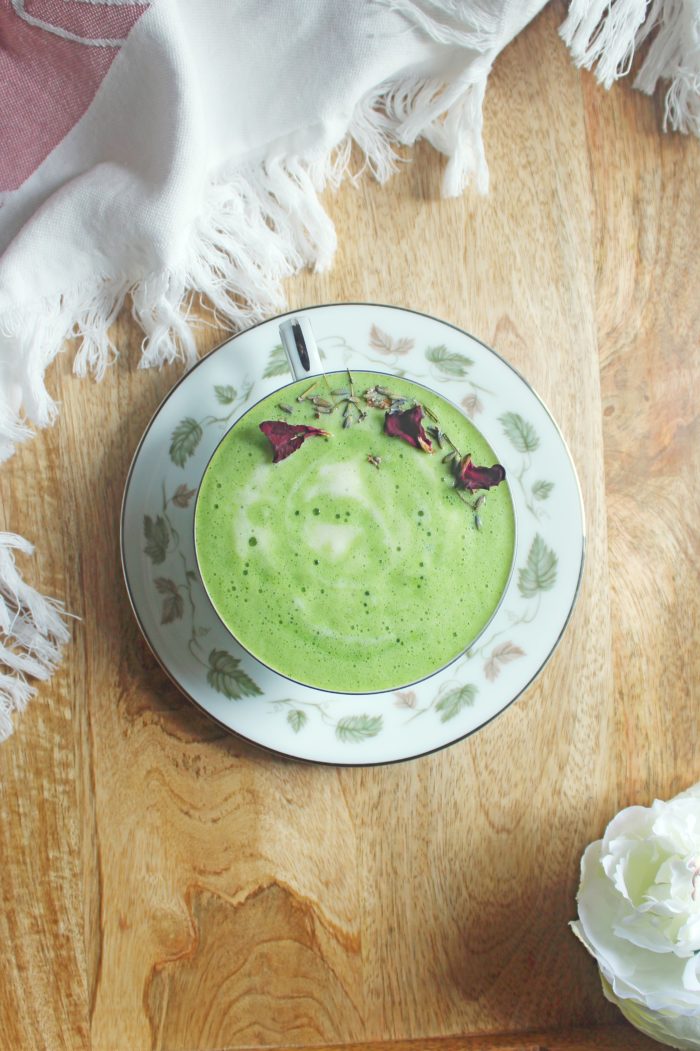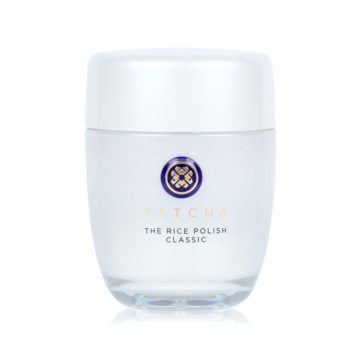 When I moved to Tokyo to study and improve my knowledge of the Japanese language I, like many other foreigners, experienced culture shock. Coming from Europe, Japan felt like a completely different world, but thankfully after settling in I started relaxing and enjoying it more every day.
When I moved to Tokyo to study and improve my knowledge of the Japanese language I, like many other foreigners, experienced culture shock. Coming from Europe, Japan felt like a completely different world, but thankfully after settling in I started relaxing and enjoying it more every day.
At the risk of sounding cliché, I couldn’t help admiring and envying the beautiful skin of Japanese women and their healthy, glowing look. Everywhere I went, I’d find stores selling beauty products in amounts I’ve rarely seen anywhere else, but are those really the main reason Japanese ladies have such amazing, flawless skin? To be honest, I don’t think so. Not the only reason, at least.
Here’s what I’ve learned about beauty and health during the time I spent in the Land of the Rising Sun.
Japanese Beauty & Wellness Tips
Hara Hachi Bu
The concept of Hara Hachi Bu (literally Eat until you are 80% full) comes from Confucianism, a system of thought and behavior that originated in ancient China and was later adopted in Japan. According to Hara Hachi Bu, you are not supposed to eat until you feel completely full but stop just as you feel yourself getting there. Studies carried out in Okinawa, where people still practice this more than in the rest of the country, have shown that the people’s BMI ranges from 18 to 22 (in the US, it’s much higher) and people live to be 100 and more. 
Seasonal, small-portioned meals
Speaking of diet, the Japanese tend to eat seasonal products and typically enjoy not one big meal, but lots of small portions of different foods: rice, miso soup, vegetables, protein (the latter in smaller amounts). And if you love carbs—good news: the Japanese diet is high in carbs and low in protein, yet the Japanese are slim and healthy, so next time you want to shun carbs because you’re worried about gaining weight think again.
Tip: try using bowls or small plates for your meal. If you eat out of large plates you’re more likely to finish everything or overeat as opposed to taking it more slowly and savoring every bite, which leads to feeling full earlier.
Drink antioxidant-rich tea
The Japanese love to drink tea, which is full of skin-nourishing antioxidants. Unlike in the West, they don’t add sugar or sweeteners to it. So it might taste funny to foreigners at first, but it really is the good way to enjoy it—milk and sugar neutralize or diminish tea’s positive effects. If you want nutritional boost, I recommend matcha: a type of green tea that uses leaves that are carefully selected and treated, then ground into a fine powder. Matcha, compared to regular green tea, offers a much higher value in antioxidants and nutrients. 
Try our sugar-free vegan lavender matcha latte!
Embrace a carless lifestyle
In Japan, people rarely use their cars and opt for walking and public means of transportation instead. In Tokyo, you’ll end up walking a lot during the day without even noticing, just to get from the station to work or school, and when you’re running errands or are simply out for shopping and sightseeing. The city is so captivating that you won’t even feel tired, until evening at least!
Gentle exercises
Sports and classes such as Crossfit and Fitbox are just now becoming more popular, but activities like yoga and meditation are preferred instead, to unwind, relax, and destress. And we all know that stress leads to faster aging.

Face mask is a daily ritual
Japanese women tend to put on face masks pretty much every day in the evening as part of their self-care routine. It’s all about washing, soaking in the hot tub and then applying moisturizer. Rice bran is a common ingredient in face washes and creams, since it is deeply hydrating and anti-aging thanks to its vitamin E and fatty acids. Camellia oil is also extremely popular for the face and hair: it contains Omega 9, polyphenols, vitamins A, C, D and other antioxidants.
Tatcha The Rice Polish Foaming Enzyme Powder is a cult-favorite that uses rice bran to eliminate impurities, dullness, and fine lines.
If you ever visit Japan I also highly recommend getting a massage, there are so many affordable, amazing salons there. My favorite treatment to get was reflexology, but it’s really, really difficult to pick a bad place to visit for a day of pampering as everywhere is super clean and everyone is so polite and professional.
Have you ever been amazed by Japanese approach to beauty and wellness? Or what other countries have affected you?
Also by Anna: Infuse La Dolce Vita Into Your Look With These Italian Beauty Tips & Organic Brands
Related: The Latest Wellness Trend Is Ikigai From Japan. How It Will Make You Happier
Get more like this–sign up for our newsletter for exclusive inspirational content!
Photo: Riccardo Trimeloni on Unsplash; Galen Crout via Unsplash; Mary Hood Luttrell;





